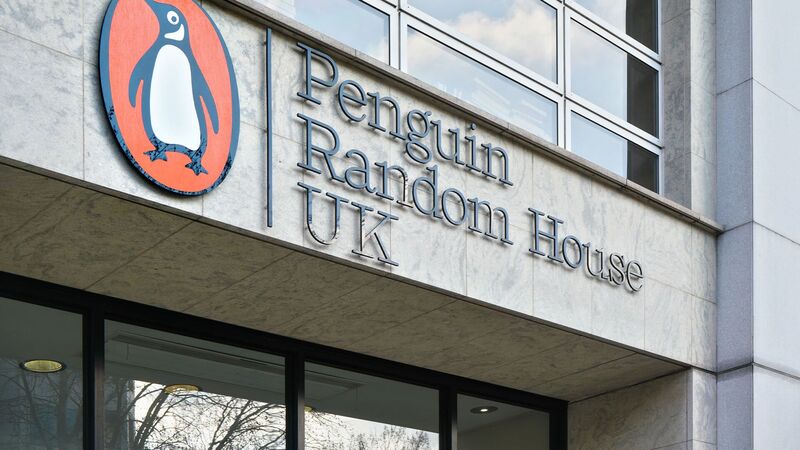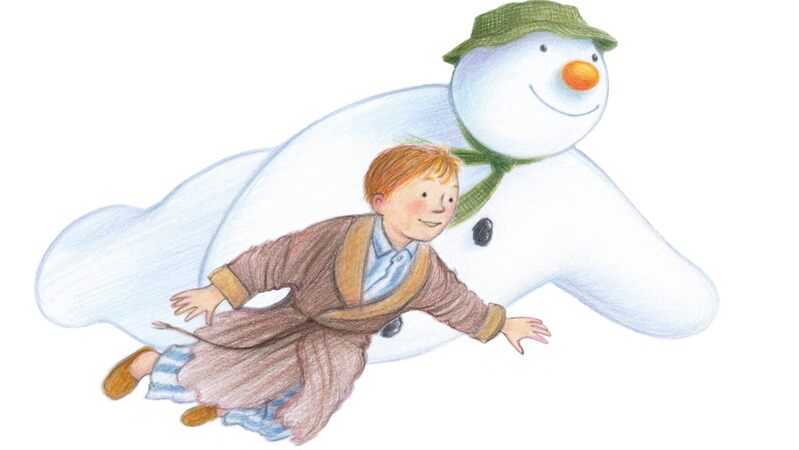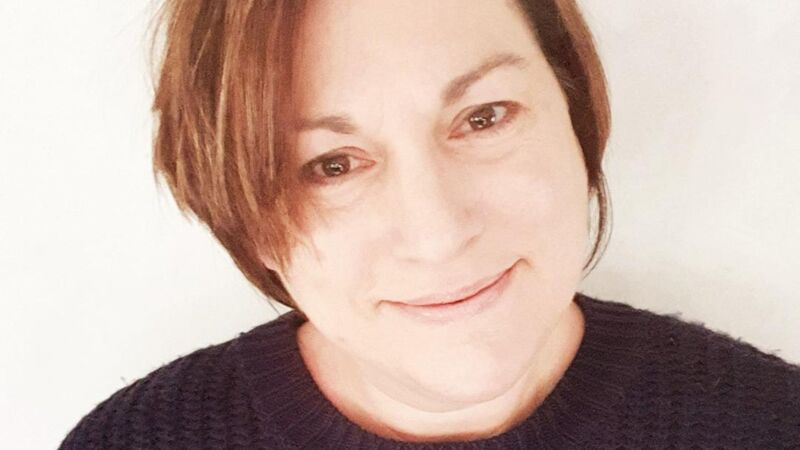You are viewing your 1 free article this month. Login to read more articles.
Publishers and Internet Archive submit proposed judgement which would bring down infringing files
Hachette Book Group, HarperCollins Publishers, Penguin Random House and Wiley have submitted a joint proposal with the Internet Archive (IA) regarding the judgement to be entered in Hachette Book Group, et al, v. Internet Archive, subject to the IA’s right to appeal the case.
They ask the court to enter a permanent injunction that means the illegal distribution of the named plaintiffs’ full catalogues of in-copyright books will stop within 14 days of providing notice. The stipulation also covers their use “in, from or to the United States” due to the Internet Archive’s broad international reach.
In March a US judge granted a summary judgement in favour of the publishers that the IA’s digital book lending violates copyrights.
There is also a side letter to “motivate IA to apply the injunction in the consent judgement to all of the Assocation of American Publishers’ (AAP) member companies affected by IA’s infringement”.
In that letter, the AAP agrees not to fund another lawsuit over infringement from the past three years for other AAP publishers, in exchange for the IA agreeing to extend the settlement terms to all other AAP members, “creating an efficient resolution for these aggrieved rightsholders”.
The consent judgment likewise includes a confidential “monetary judgment payment” by the IA to the AAP, to be paid later. The AAP said: “While the sum is confidential, AAP’s significant attorney’s fees and costs in the action since 2020 have been substantially compensated.”
The IA said: “We expect that, at least while the appeal is pending, there will be changes to our lending programme, but the full scope of those changes is a question pending with the district court.”
A statement from Maria A Pallante, president and c.e.o. of the AAP, on behalf of the plaintiffs and AAP’s board of directors said: “We are pleased to announce that the Association of American Publishers and IA have executed an ancillary agreement that goes beyond the four corners of the lawsuit, to motivate IA to apply the injunction in the consent judgement to all of the AAP’s member companies affected by IA’s infringement, creating an efficient resolution for these aggrieved rightsholders.
“Looking ahead, we note that enforceable copyrights have never been more important as policy makers and courts around the world grapple with how to regulate the rapidly evolving use of artificial intelligence. If we hope to discern the deployment of misinformation, the authenticity of viewpoints, and countless other threats to a stable and secure society in this new era, it seems clear that we will need experienced and dedicated authors and a sustainable publishing industry to keep the public informed.”


















